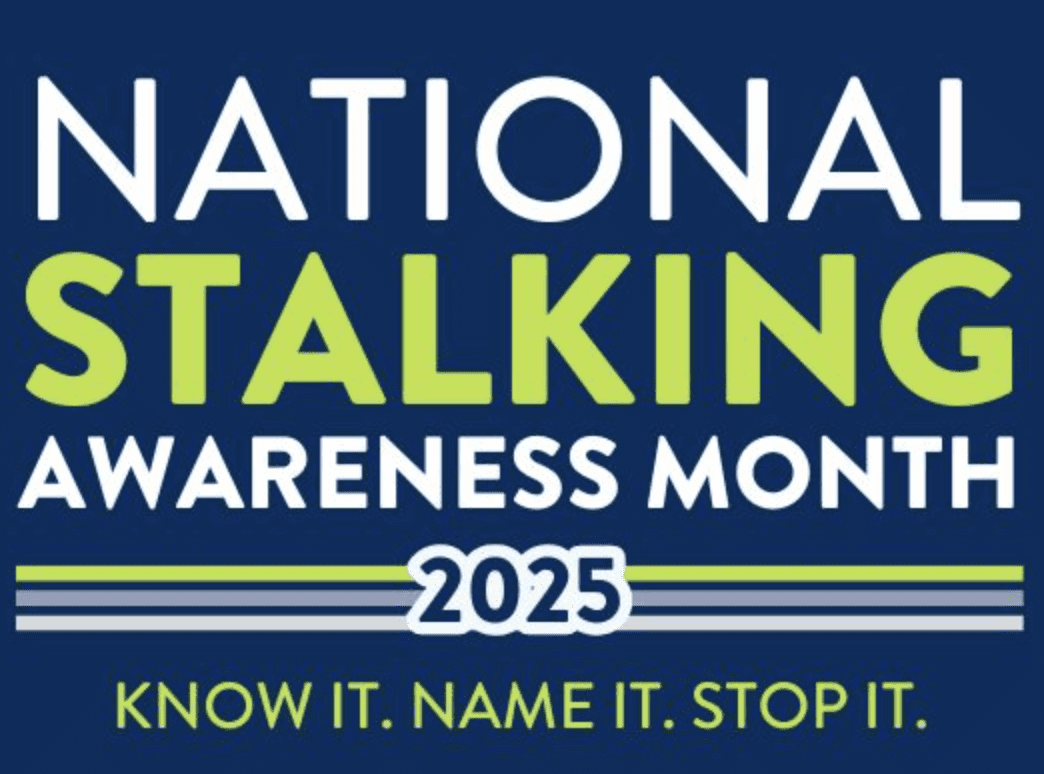Written by Kimberlydawn Wisdom, MD, MS
Q: What should I know about cholesterol?
A: Cholesterol is a waxy, fat-like substance found in all parts of the body. It is made in the liver and is needed for normal body functions, such as building cells. Your body makes all the cholesterol it needs, but cholesterol can also come from the food you eat. Cholesterol is divided into different types. Low-Density Lipoprotein (LDL) is considered “bad” cholesterol because it can slowly line the walls of your arteries causing buildup or blockage, restricting the flow of blood to the heart. This leads to coronary artery disease, which can cause a heart attack. High-Density Lipoprotein (HDL) is considered “good cholesterol.” Having a high level of HDL is good, because it helps move the “bad” (LDL) cholesterol through the blood vessels. High triglycerides can also adversely affect your health and are tested along with blood cholesterol.
Q: What is a healthy blood cholesterol level?
A: The goal levels are: total cholesterol below 200 mg/dl, HDL above 40 mg/dl, and LDL ideally below 100 mg/dl. Your physician may decide if your LDL level should be lower than 100 if you have other risks. One in five adults has high cholesterol. High cholesterol is a major cause of heart disease or stroke – the leading causes of death in the United States. High cholesterol can run in families, and can also result from eating too many foods high in fat, cholesterol and calories.
Q: How do I know if I have high cholesterol or I’m at risk for Coronary Artery Disease?
A: The first step is to know your cholesterol numbers. Everyone 20 years of age and older should have their blood cholesterol checked at least once every five years. Those with a personal or family history of high blood cholesterol, heart disease, high blood pressure, diabetes or smoking should have it checked more often. The second step is to prevent the development of high cholesterol. Or, if you have high cholesterol, get it under control and keep it that way. Certain people are more prone to heart disease – especially those with a family history of early onset of heart disease. While you can’t change your family history, there are risk factors that you can control. People who are overweight, have high blood pressure, diabetes, or smoke are at greater risk. Talk to your doctor about your family history, test results and other risks to see what steps you can take to reduce your risk.
Q: What should I do to lower my risk for high cholesterol or heart disease?
A: The key is leading a healthier lifestyle. If you smoke, get help to quit, and never quit quitting. If you have high cholesterol or high blood pressure, work with your healthcare provider to get it under control. Medication is very effective in treating these conditions. Try to exercise at least 30 minutes each day and eat foods with less fat and cholesterol. Limit the amount of red meat, dark poultry meat, butter, whole milk, and cheese that you eat. Instead, try healthier options like baked or grilled fish, chicken or turkey breast meat, and switch to fat-free milk. Try to increase the amount of fiber you eat by including more fruits and vegetables and choosing whole-grain foods. Limiting salt can also help you manage high blood pressure. For more tips and personalized tools for healthier living, visit the Michigan Steps Up website at www.michiganstepsup.org.
Send questions to Ask the Surgeon General, 201 Townsend St., Lansing, MI 48913 or email surgeongeneral@michigan.gov (type “Ask the Surgeon General” in the subject field).



